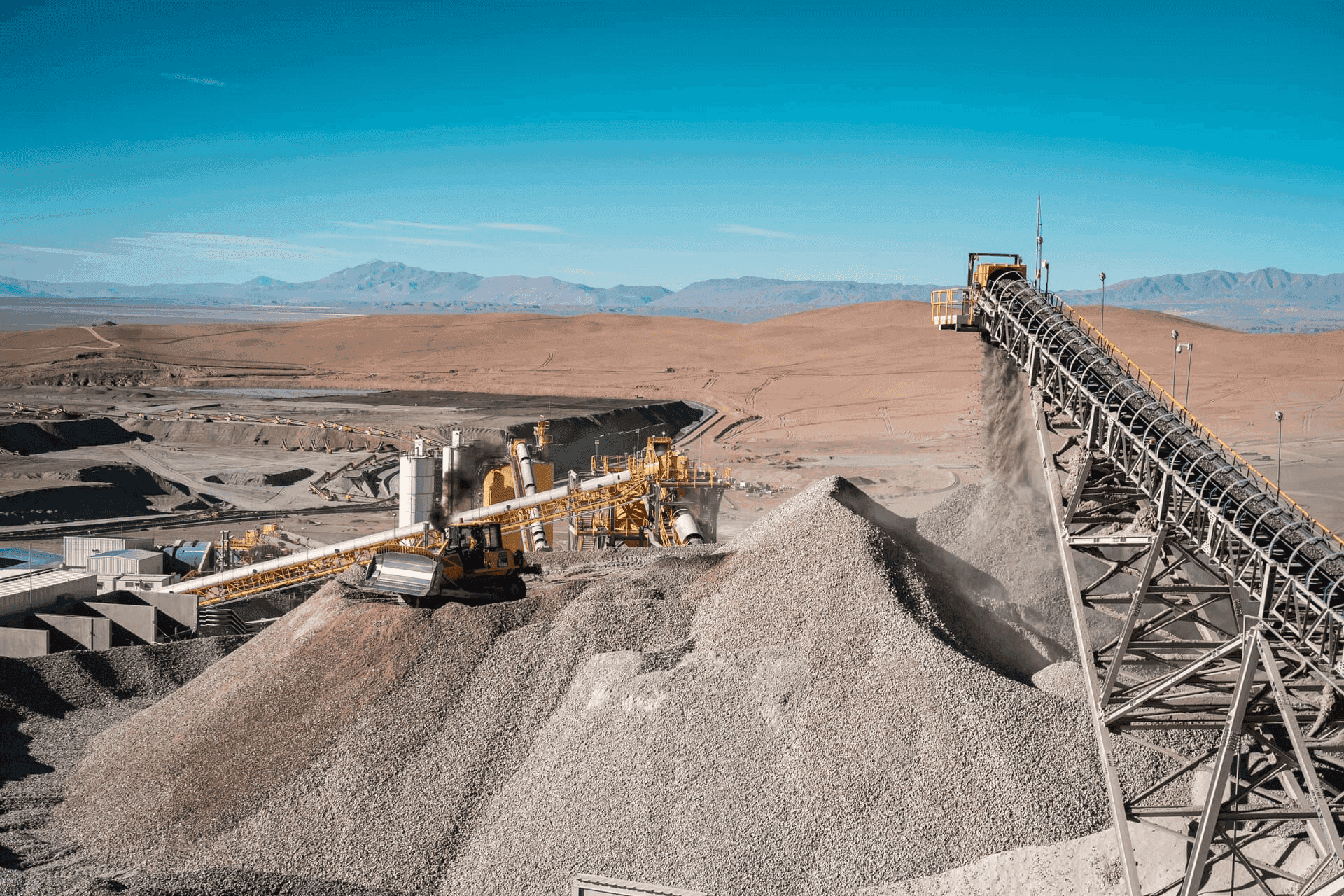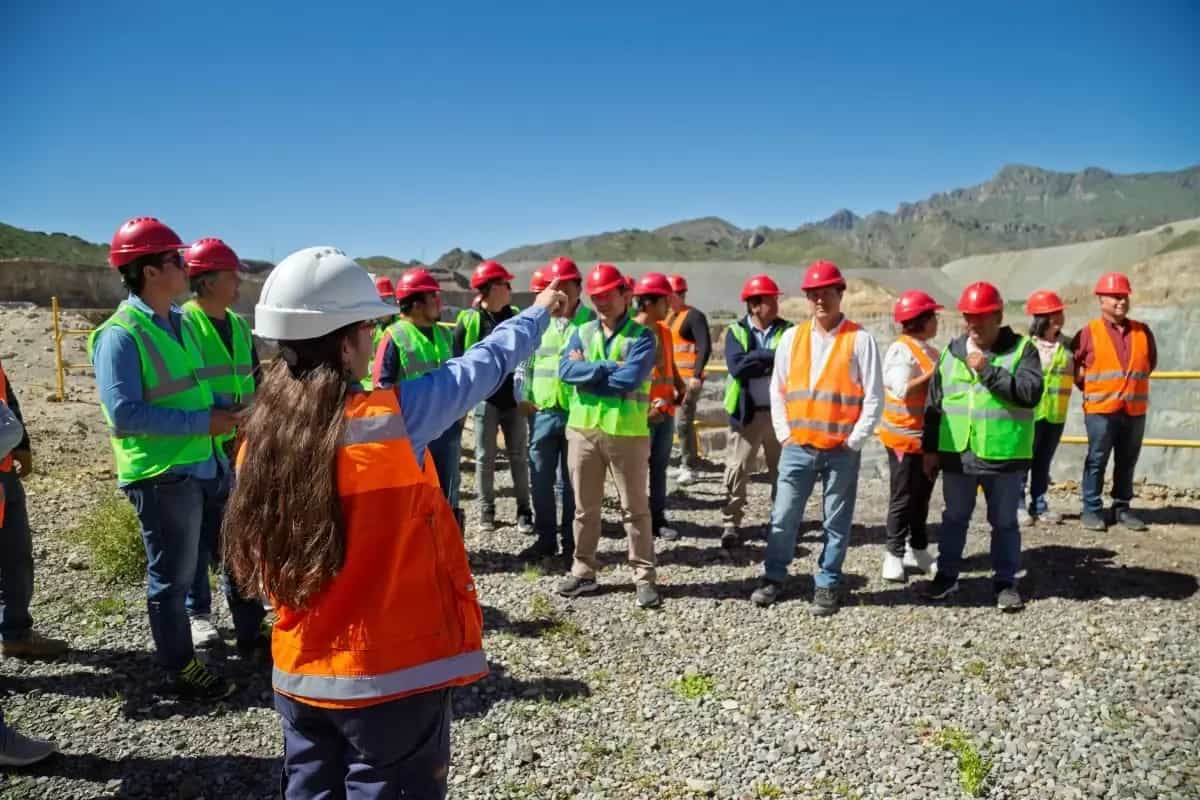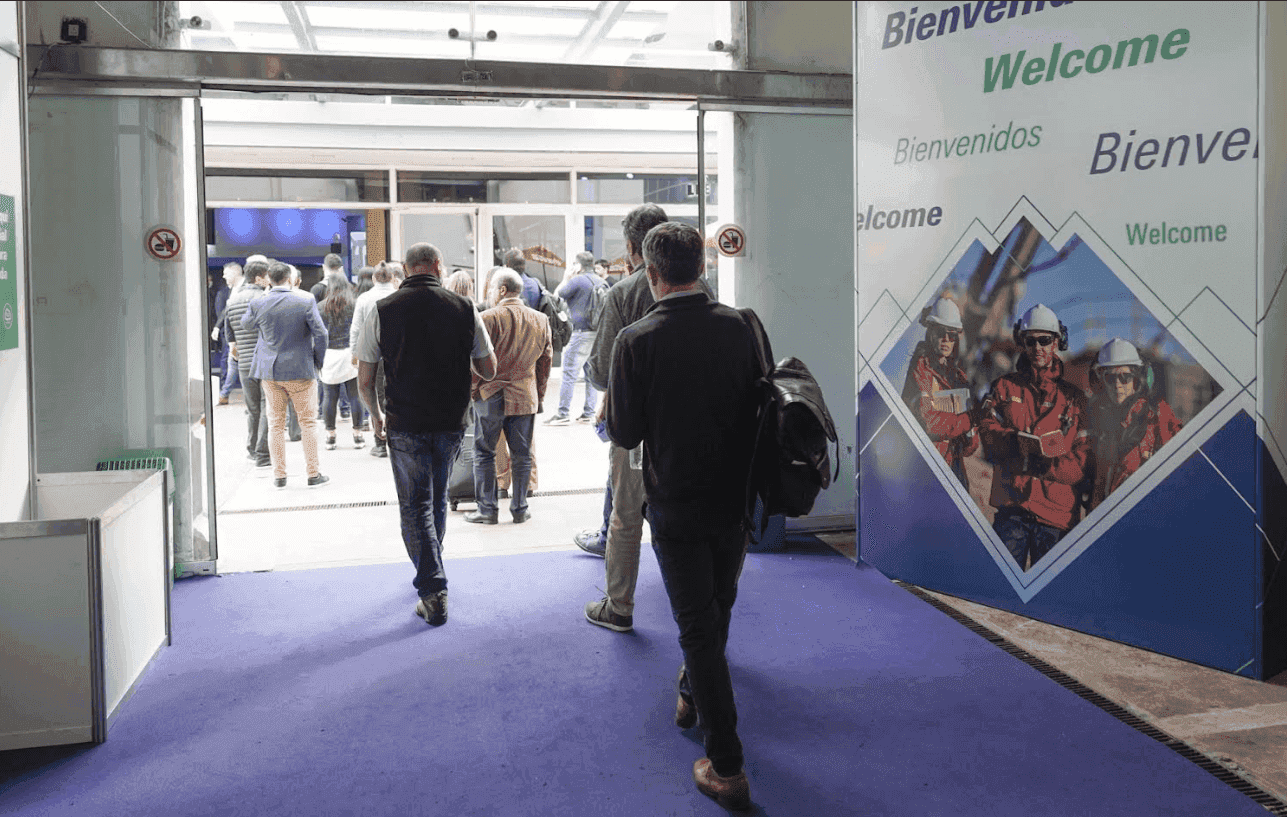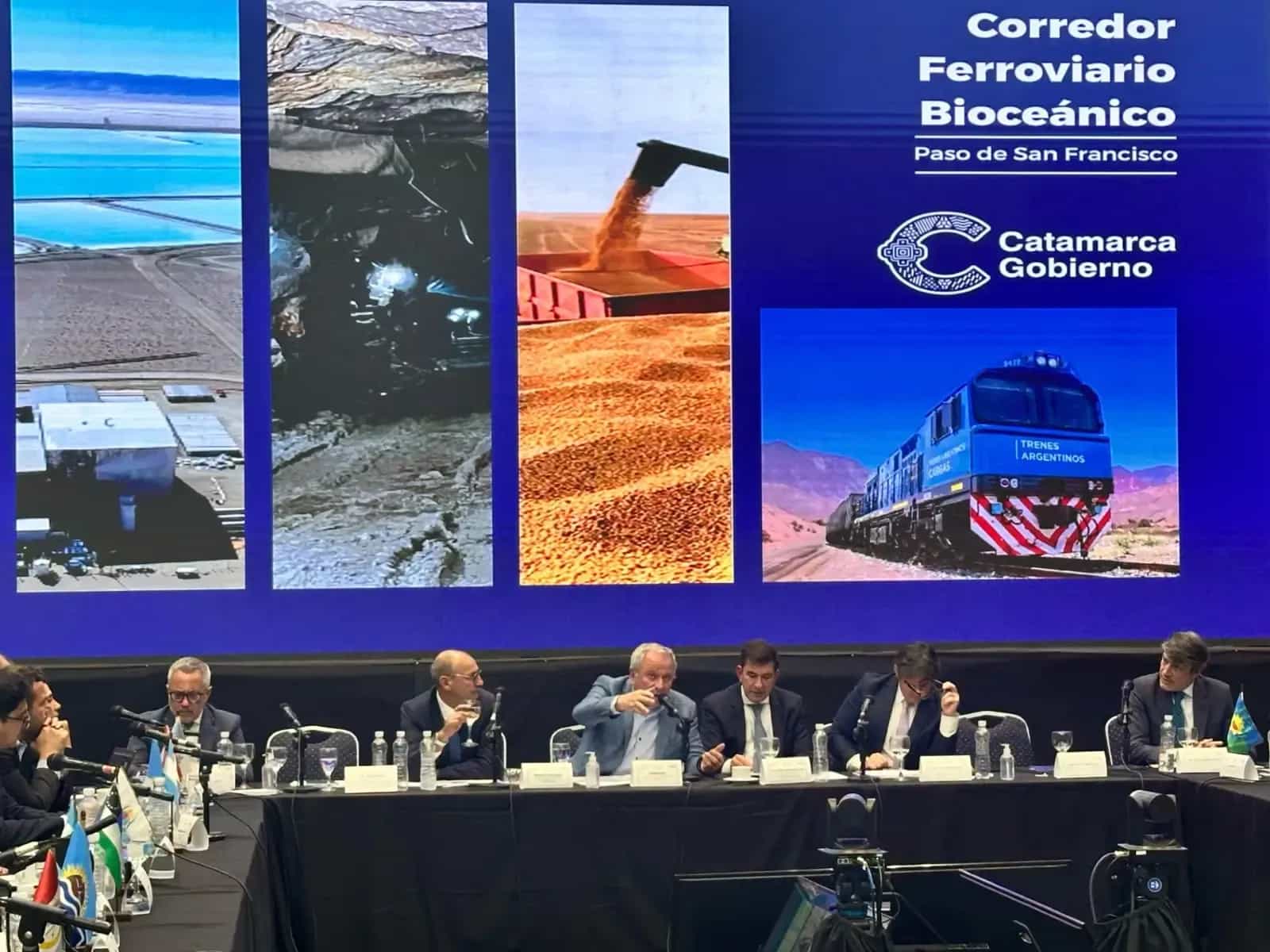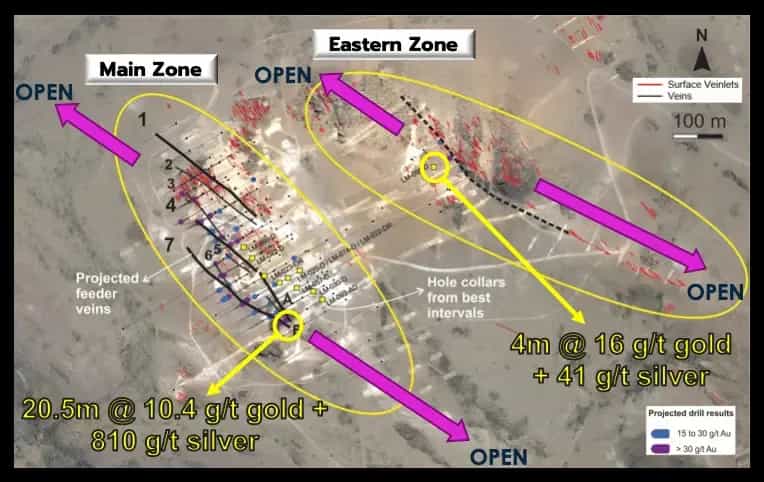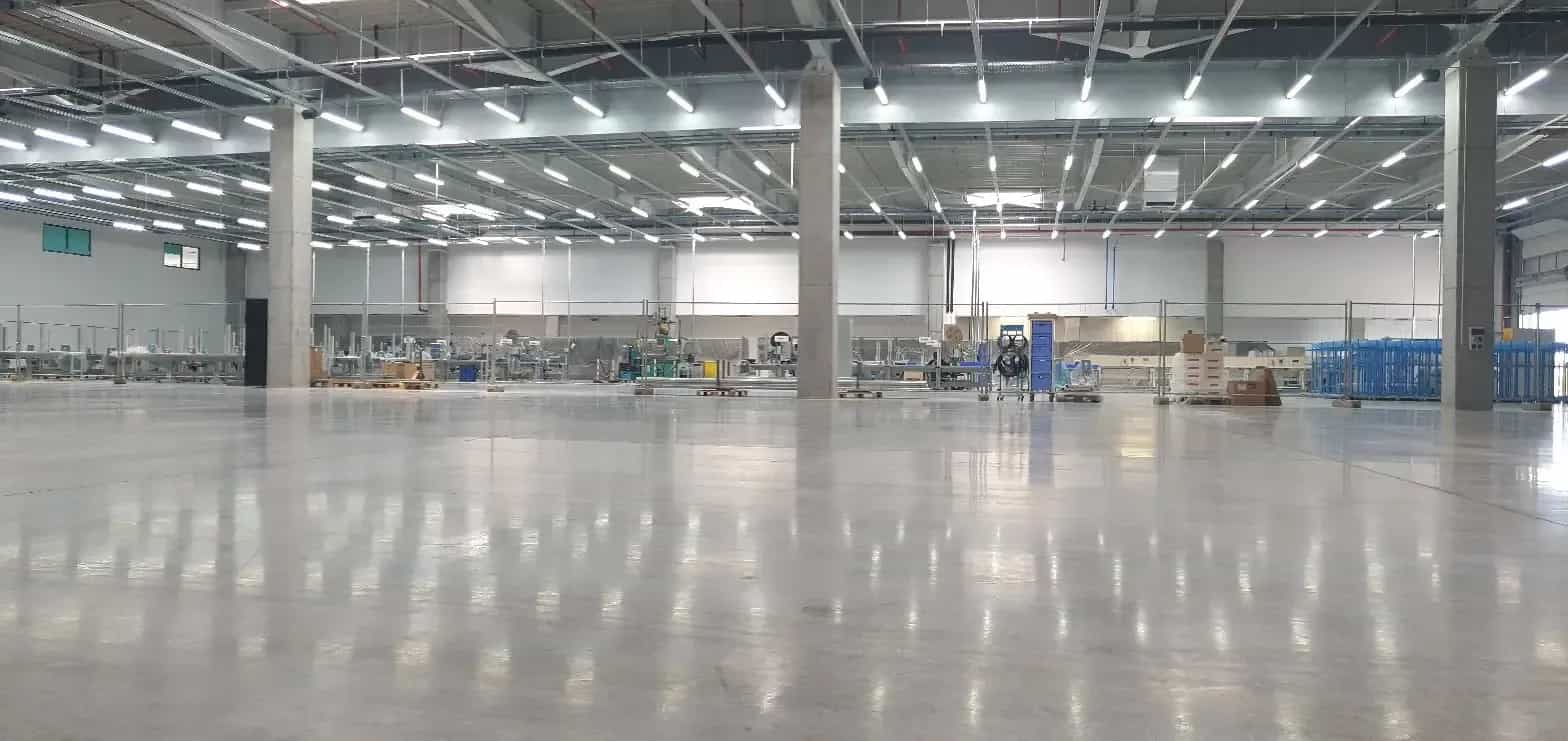Drawing more than 83,000 visitors and 1,372 companies, Expomin 2025 reinforced Chile’s standing on the global mining stage while highlighting Latin America's growing role as a key player in the future economy.
By Panorama Minero
For five days, Santiago de Chile became the epicenter of global mining. The 18th edition of Expomin, held from April 22 to 26 at Espacio Riesco, attracted over 83,498 visitors — including more than 8,000 international delegates from 35 countries — setting historic records and further positioning Chile as Latin America's leading mining hub.
With more than 120,000 square meters of exhibition space and 1,372 participating companies — 490 of which were international — Expomin 2025 far exceeded initial expectations, reflecting the growing global interest in South America's mining potential from both investors and technology providers.
A showcase for the future of mining
Chile's Minister of Mining, Aurora Williams, highlighted that this year's Expomin not only marked a milestone in attendance but also in terms of openness and integration. "Mining in Chile and Latin America generates global interest, creating new opportunities for investment, innovation, and strategic collaboration," she said.
Patricio Hidalgo, CEO of Anglo American and President of the Expomin International Congress, emphasized the high quality of the discussions, which covered critical topics such as decarbonization, digital transformation, the inclusion of new generations, and the pivotal role of metals in the global energy transition.
"The presence of young professionals, entrepreneurs, and global leaders challenged us to think differently and envision the future of our industry," he added.
The Congress, known for its high-level panels and gender parity, reflected a defining trend in modern mining: the need to balance productivity, sustainability, and social responsibility.

Latin America at the center of the global stage
Chile, the world's top copper producer and one of the leading lithium suppliers, is set to strengthen its leadership as demand for critical minerals rises sharply. According to recent estimates from organizations like the World Bank, global copper demand is expected to increase by 70%, and lithium by 90% by 2050, driven by the growth of electromobility, renewable energy, and technological infrastructure.
In this context, Expomin 2025 not only reaffirmed Chile’s position but also highlighted Argentina, Peru, and Brazil as strategic markets for the next wave of mining investments. Argentina, in particular, is emerging as a key player in copper and lithium development, with eight major copper projects advancing and a growing exploration ecosystem.
The strong presence of Argentine delegations — composed of government officials, business chambers, and mining companies — further reinforced the region’s determination to build partnerships and attract investment in an increasingly competitive global market.
The role of major events in the new mining landscape
Beyond the record figures, Expomin 2025 showcased the critical importance of large industry gatherings as platforms for strategic alignment. Amid global market volatility, geopolitical tensions, and rising environmental demands, such events enable the mining industry to anticipate trends, tackle urgent challenges, and forge essential public-private collaboration networks for long-term sustainability.
The “Citizen Day,” which welcomed more than 4,000 visitors — including families and students —, reaffirmed the commitment to bring mining closer to society, a crucial step toward strengthening the sector’s social license to operate.
"It is very important for Chileans to truly understand the contribution that mining makes to the country's development and its role in advancing the global energy transition," said Minister Aurora Williams.
With record-breaking attendance, cutting-edge debates, and unprecedented international participation, Expomin 2025 established itself as Latin America's premier mining showcase to the world.
At a time when the global economy demands critical resources to reshape its energy matrix, Latin America — and particularly Chile and Argentina — are assuming a leadership role that extends beyond economics and into shaping the foundations of the new global economy.




